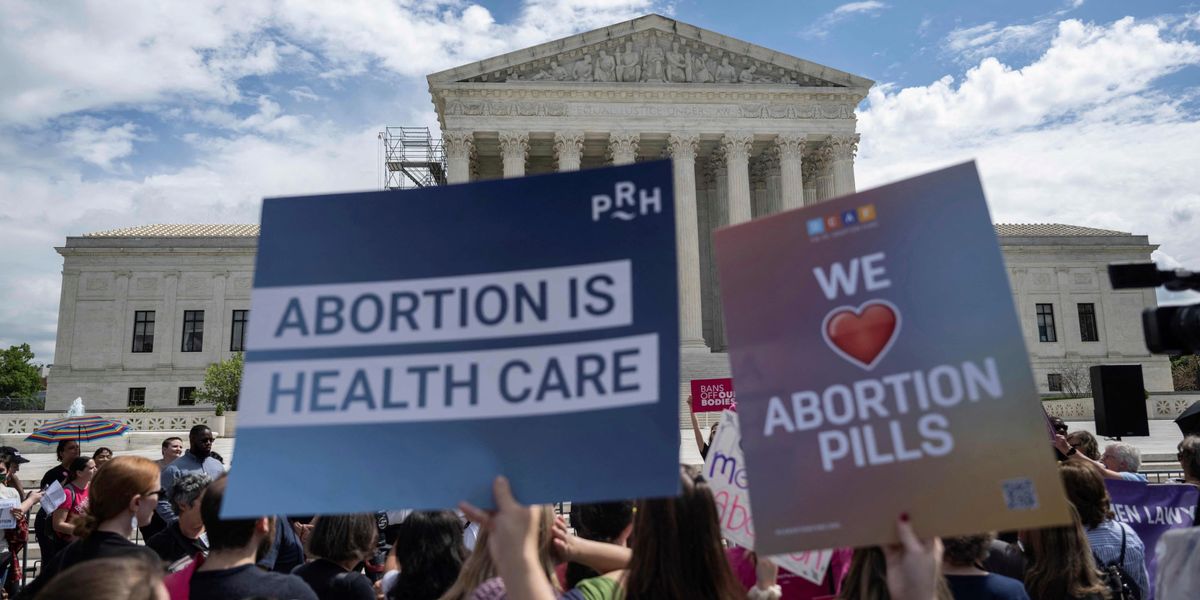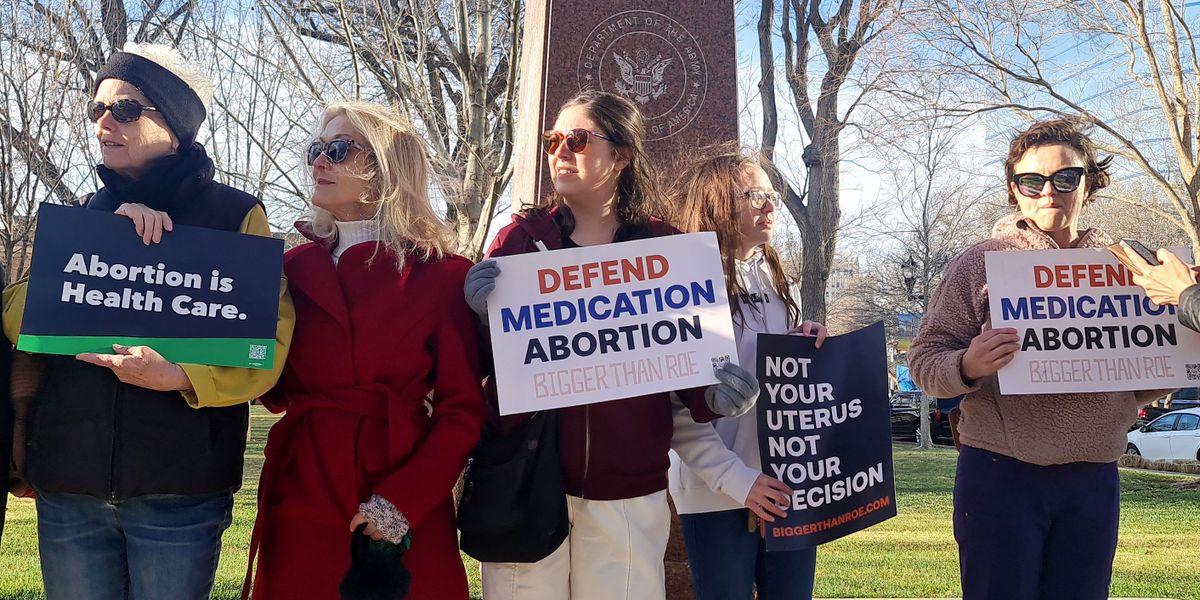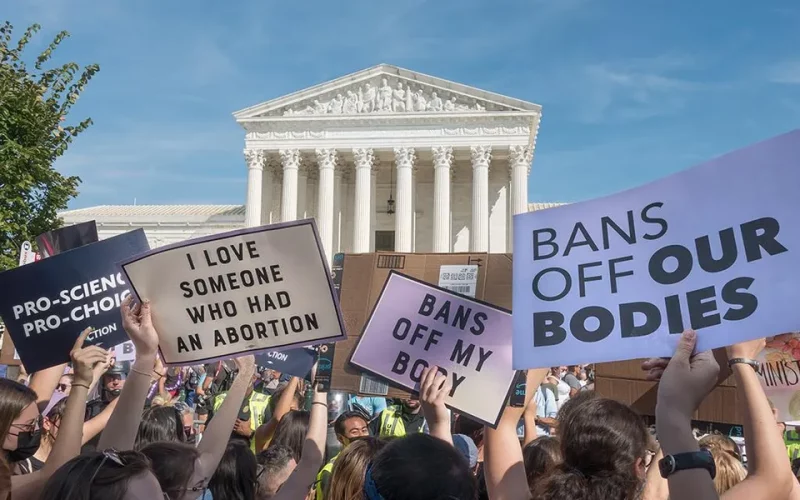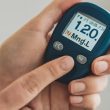The American Psychological Association (APA) applauded the U.S. Supreme Court’s recent ruling, allowing a commonly used drug for medical abortion to remain available. This decision underscores the importance of maintaining access to critical reproductive health services.
Supreme Court Upholds FDA’s Approval of Mifepristone
In a landmark decision, the Supreme Court upheld the FDA’s approval of mifepristone, a drug widely used for medical abortion. The ruling came after a group of anti-abortion activists challenged the FDA’s approval process. The Supreme Court found that the plaintiffs lacked the standing to sue, preserving the drug’s availability.

APA’s Response to the Supreme Court Ruling
APA CEO Arthur C. Evans Jr., PhD, expressed satisfaction with the Supreme Court’s ruling. He emphasized that policies suggesting abortion harms women’s mental health are not supported by scientific evidence. Research consistently shows that having an is not linked to mental health problems. In contrast, being denied an abortion often results in worse mental, physical, and economic outcomes.
Historical Context: Roe v. Wade Overturned
The Supreme Court’s decision follows the landmark 2022 ruling that overturned Roe v. Wade. This historic reversal has sparked numerous legal battles regarding abortion access. The recent case focused on the FDA’s approval of mifepristone, a critical drug for medical abortion.
Legal Journey of Mifepristone’s Approval
Initially, a federal judge suspended the FDA’s approval of mifepristone. However, a court of appeals reinstated the approval while striking down the FDA’s 2016 changes that had eased access to the drug. The Supreme Court’s final decision leaves all previous FDA actions intact.
APA’s Advocacy and Scientific Evidence
The APA, alongside the National Association of Social Workers, supported the FDA in the Supreme Court case. They submitted an amicus brief arguing that the lower courts’ decisions incorrectly asserted negative outcomes from medication . The brief highlighted scientific evidence showing that abortion does not lead to negative physical or mental health outcomes. Denial of abortion access, however, results in higher anxiety, lower self-esteem, and adverse socio-economic and health effects.
APA’s Long-Standing Support for Reproductive Rights
The APA has a long history of advocating for equal access to reproductive health services, including . Since 1969, the APA has passed several policies affirming a woman’s right to choose. These policies counter claims about the adverse psychological effects of abortion.
Amicus Curiae Briefs Filed by APA
Over the years, the APA has actively participated in legal cases involving abortion by filing 12 amicus curiae briefs. These briefs provide the court with scientific evidence and expert opinions to support abortion access and challenge flawed assertions regarding its psychological impact.
Implications of the Supreme Court’s Decision
The Supreme Court’s ruling on mifepristone sets a significant precedent for abortion access in the United States. It reinforces the FDA’s authority and upholds the availability of essential drugs for medical . This decision is a victory for reproductive rights advocates and those seeking safe abortion services.

The Role of Scientific Evidence in Abortion Policy
The APA’s stance is rooted in scientific evidence demonstrating that abortion does not cause psychological harm. Instead, the inability to access services often leads to detrimental mental, physical, and economic consequences. These findings are crucial in shaping policies that protect and support women’s reproductive rights.
Conclusion: A Milestone for Reproductive Rights
The Supreme Court’s decision to maintain access to mifepristone is a significant milestone for abortion rights. The APA’s advocacy and scientific evidence played a vital role in this outcome. As the legal landscape continues to evolve, the APA remains committed to supporting equal access to reproductive health services and defending women’s right to choose.












